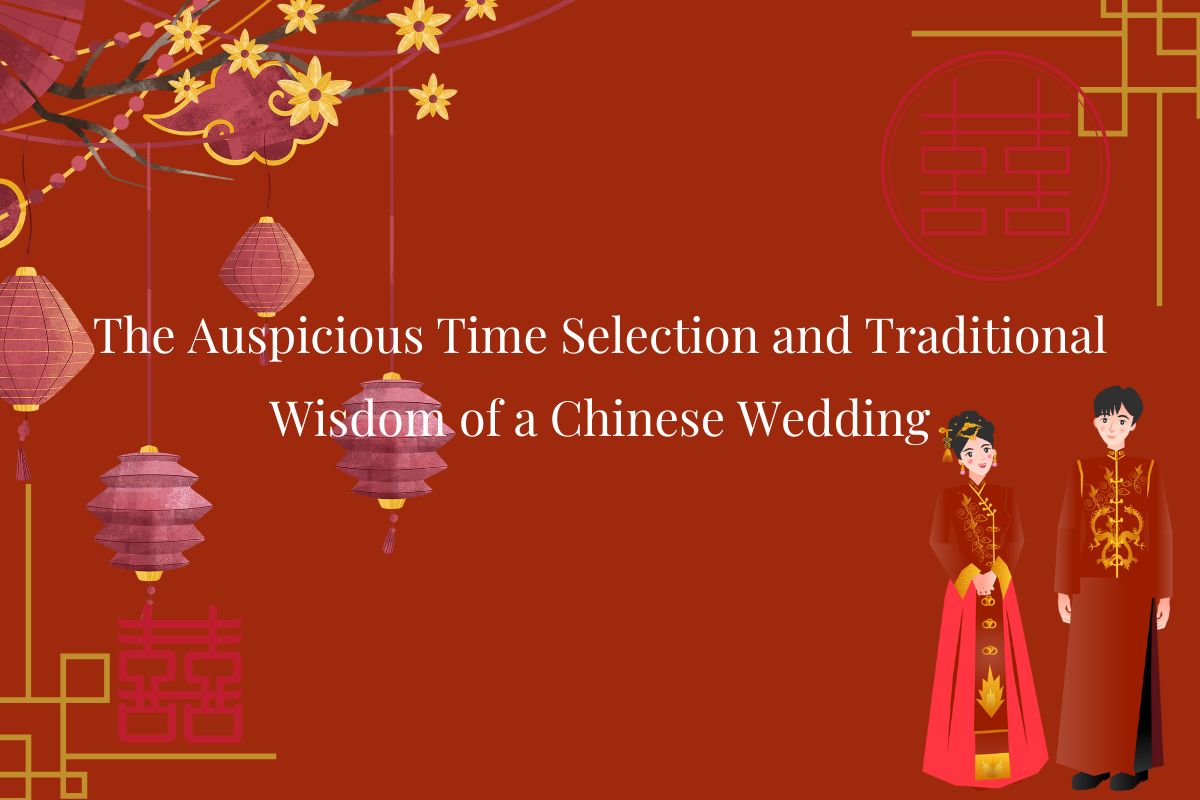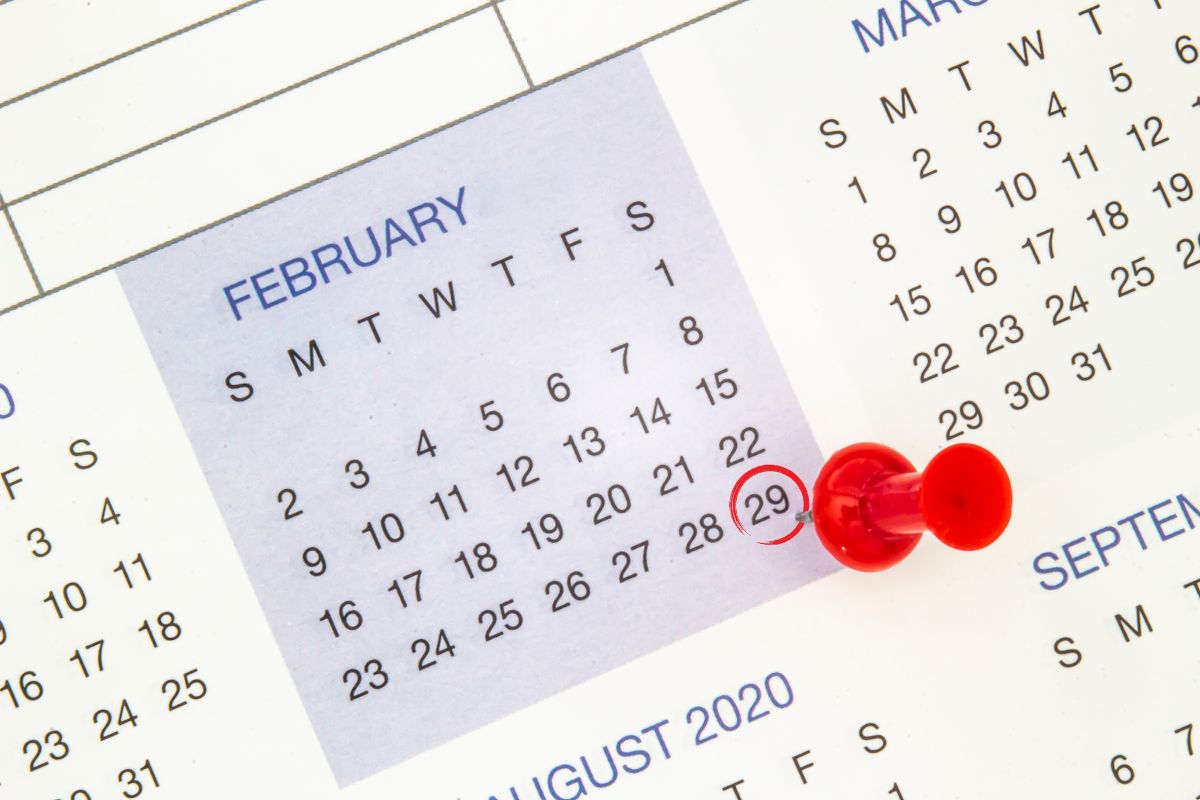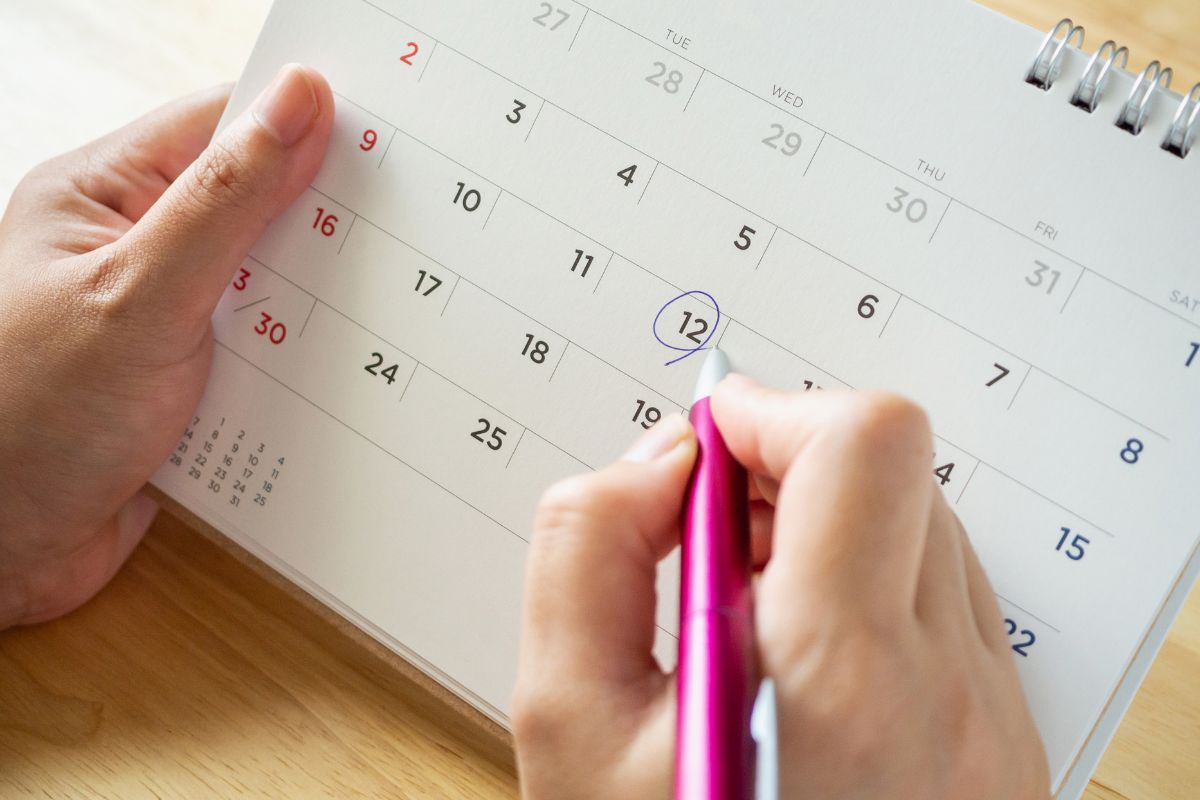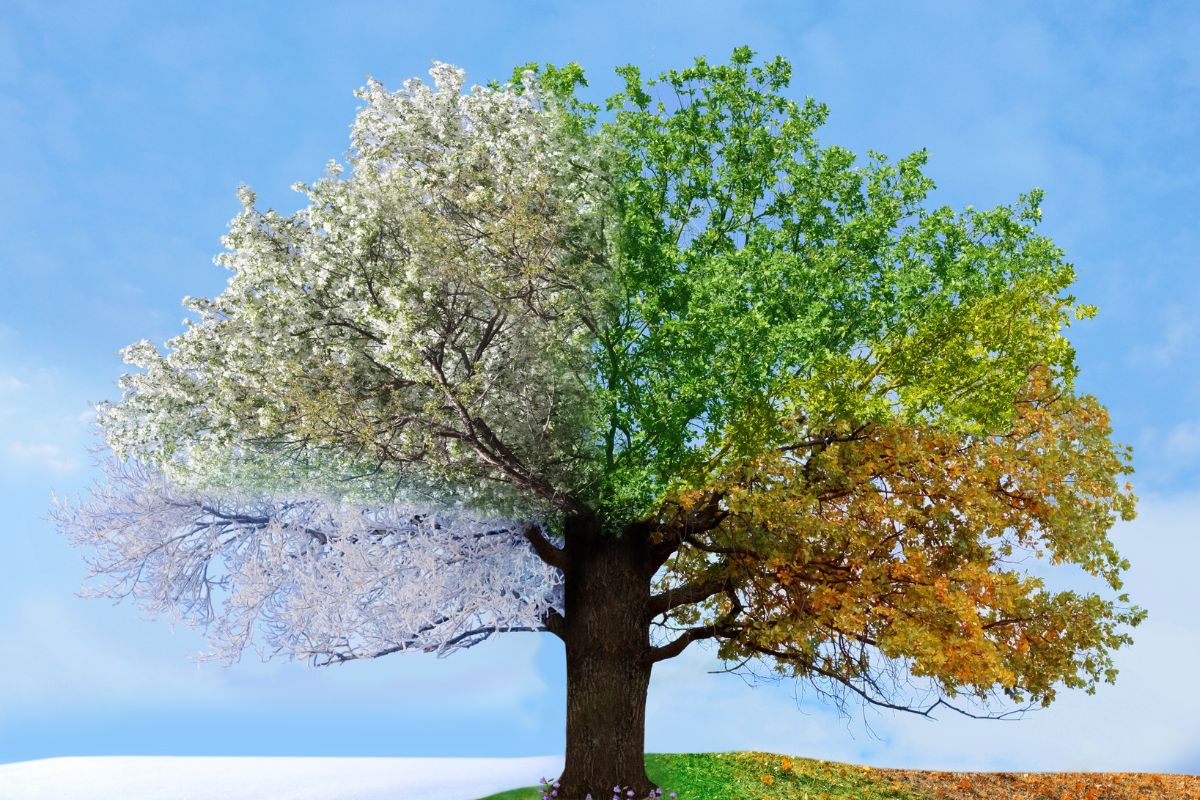The Auspicious Time Selection and Traditional Wisdom of a Chinese Wedding
If you attend a Chinese wedding, you should know that the chosen day is certainly very special! In China, weddings are always held on an auspicious date, believed to be the most harmonious and positively energetic moment in nature. This is thought to bestow the marriage with positive cosmic energy. It might sound puzzling, but there is profound philosophy and wisdom underlying this practice. This article will unravel the mystery for you.

Balancing and Complementing the Five Elements
The five elements of Metal, Wood, Water, Fire, and Earth, as well as the couple's Eight Characters based on their birth year, month, day, and time, have a significant impact on the selection of an auspicious wedding date 日期 (rì qī). If one party's Eight Characters exhibit an abundance of a certain element while the other lacks or has weakened influence of it, choosing a date that enhances the weaker element or balances the strengths of both elements is believed to promote complementary traits in terms of personality, health, and prosperity for the couple, facilitating a harmonious marriage. Seasonal changes are also closely related to the five elements, as each season corresponds to specific elemental attributes - Spring corresponds to Wood, Summer to Fire, Long Summer to Earth, Autumn to Metal, and Winter to Water. Choosing a season that aligns with the required elemental balance in the couple's Eight Characters can further strengthen the complementarity of the elements. For example, a Spring wedding is more suitable if the couple needs to enhance the Wood element.
日期 (rì qī), noun, date
Examples:
- The date for their wedding has just been finalized.
他们结婚的日期刚定下来。
tā men jié hūn de rì qī ɡānɡ dìnɡ xià lái 。 - I got the date wrong.
我记错了日期。
wǒ jì cuò le rì qī 。
Taboos in Month Selection
Weddings typically avoid the third, seventh, and ninth lunar months due to their association with Qingming (Ancestral Grave Sweeping Day), Zhongyuan Festival (Ghost Festival), and Chongyang (Double Ninth Festival) respectively. In traditional beliefs, these months are considered unsuitable for celebratory events to avoid conflicting with inauspicious elements.
Consideration of Leap Years and Months
Leap years or months are considered particularly auspicious, symbolizing moistening and abundant harvest. It is believed that marrying in such years or months can bring happiness, prosperity, and harmony to the couple. In folk beliefs and traditional mindset, leap months are not just a time adjustment but are also considered to be an additional period of cosmic blessing, especially suitable for festive events, particularly weddings.

Choice of Special Numbers
In Chinese culture, even numbers symbolize harmony and completeness, so many couples choose dates with double numbers, such as the 2nd, 12th, or 22nd. There are also many numbers with special meanings:

- 8: In Chinese, "8" sounds similar to "prosperity" and "wealth", making it a highly favored number, such as the 8th day of August or October.
- 6: Symbolizes smoothness and easiness, as "6" sounds similar to "smooth", signifying smoothness and ease in everything, like the 6th day of June or August.
- 9: Represents longevity and endurance as "9", sounds similar to "long-lasting", symbolizing enduring love, such as the 9th day of September.
Incorporation of the Season and Nature
Traditional Chinese philosophy emphasizes the harmony between humans and nature, thus the season and natural surroundings are also considered when selecting an auspicious date. Spring and Autumn are often considered ideal seasons for weddings. During the Spring, especially from March to May, when everything rejuvenates and blooms, it symbolizes the new beginning of marriage, full of vitality and hope. In Autumn, approximately from September to November, with its pleasant weather and abundant harvest, it represents the richness and prosperity of marriage, as well as the maturity and stability of emotions. Furthermore, specific solar terms such as the Beginning of Spring, Rain Water in Spring, White Dew, and Cold Dew in Autumn, are also considered auspicious days for weddings, as they symbolize important transitions in nature, signifying a smooth transition and a harmonious and fulfilling marriage.

In conclusion, the selection of an auspicious 吉祥的 (jí xiánɡ de) wedding date in a Chinese wedding embodies profound wisdom. It is not merely a cultural tradition but also a manifestation of spiritual sustenance and beautiful aspirations.
吉祥的 (jí xiánɡ de), adj, auspicious
Examples:
- It is very auspicious.
这是非常吉祥的。
zhè shì fēi chánɡ jí xiánɡ de 。 - it is seen as an auspicious number.
它被视为一个吉祥的数字。
tā bèi shì wéi yí ɡè jí xiánɡ de shù zì 。